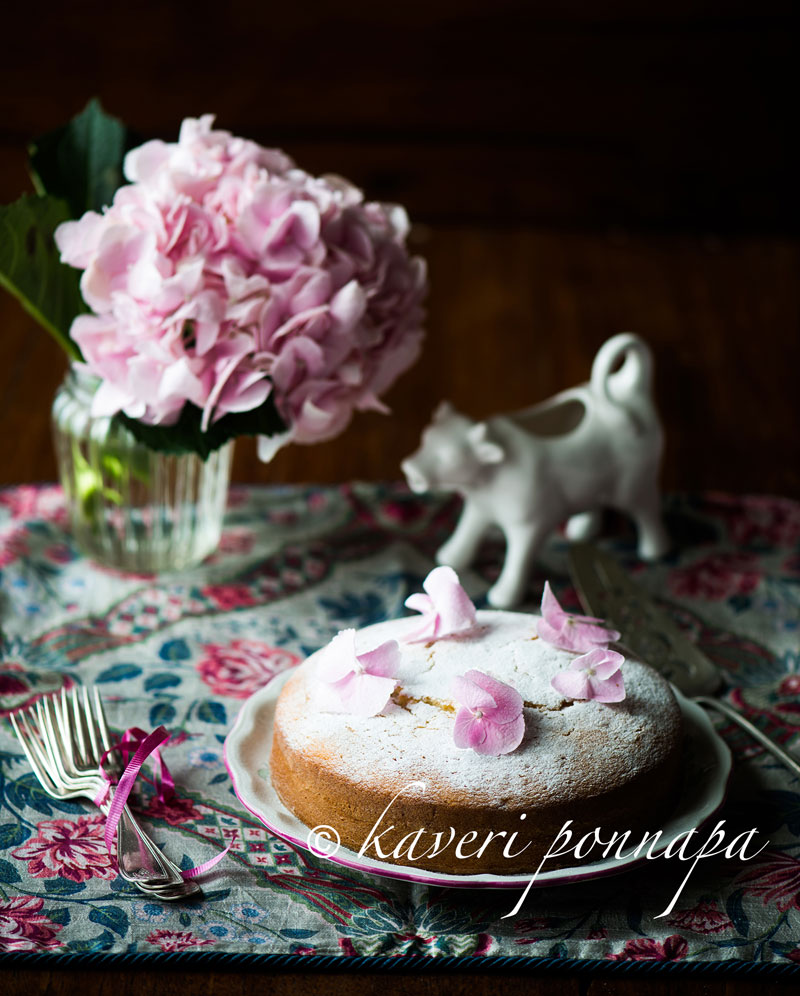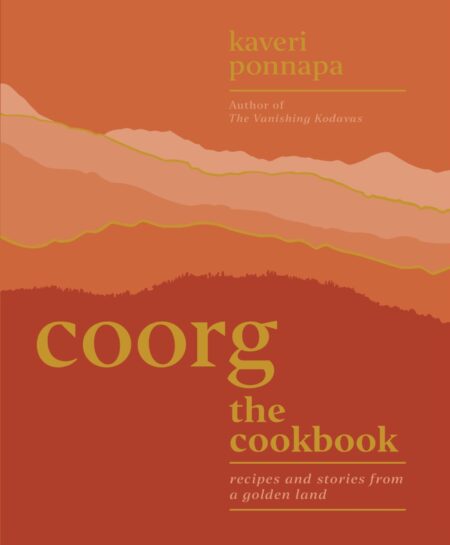On a coffee plantation, a planter’s wife wrote in the late 19th century, life could be “more than a little dull”, especially if one had been brought up in a town. But, she declared bravely, one “soon got used to changed conditions and settled down quite contentedly to the quiet lot of the planter’s wife”. Despite her determination to sound cheerful, the monotony of life on a plantation was fierce and unrelenting for women, in particular for those who lived on estates miles away from a Club or town; the day followed a predictable pattern of the 6.30am muster bell; early morning tea; chota hazri, followed by the supervision of the household chores; breakfast at noon, and ended, inevitably, in: “boring rambles on the estate until nightfall, and when alone, early to bed.”
Conversations, even on social occasions, veered back to the topic of fish manure, leaf disease and coolie labour, leading one exasperated young woman to observe: “What shattering bores men can be! They seem to have no ideas in their heads beyond their beastly coffee bushes.” Under the circumstances, planters’ wives took up hobbies. The young woman in question decided to take up keeping hens, in revenge, plotting to overthrow her husband as the prize bore at parties and at the dinner table. In a very short while she had managed to bore everyone around her, including herself, nearly to death, directing all conversation to poultry farming, the health of her hens and egg production. A late-night visit from a passing jackal soon put an end to her project, when all the hens were killed and eaten.
She might have done better to have kept cows. Most plantation homes had their own cows, and to the enterprising, fresh milk and butter were always available, and there was much to be done with both. The Complete Indian Housekeeper and Cook has a clear set of instructions for making the best Devonshire cream. “Set milk in shallow pans for 12 hours. Remove carefully to a charcoal stove and heat until the cream shrinks to the middle and wrinkles. Stand for another twelve or twenty-four hours before skimming. It should be quite thick and leathery.”
There is an exquisitely light and airy cake, scented with lime, to be made with a couple of cups of thick cream collected at the end of each week made to a recipe very popular with planters’ wives. This creation, delicately dusted with icing sugar, decorated with a few pretty blooms from the garden, presented at a house party may have drawn the conversation away from fish manure and mealy bug—at least for a short while.
All Food Styling: Kaveri Ponnapa
Image Credits: Nithin Sagi




